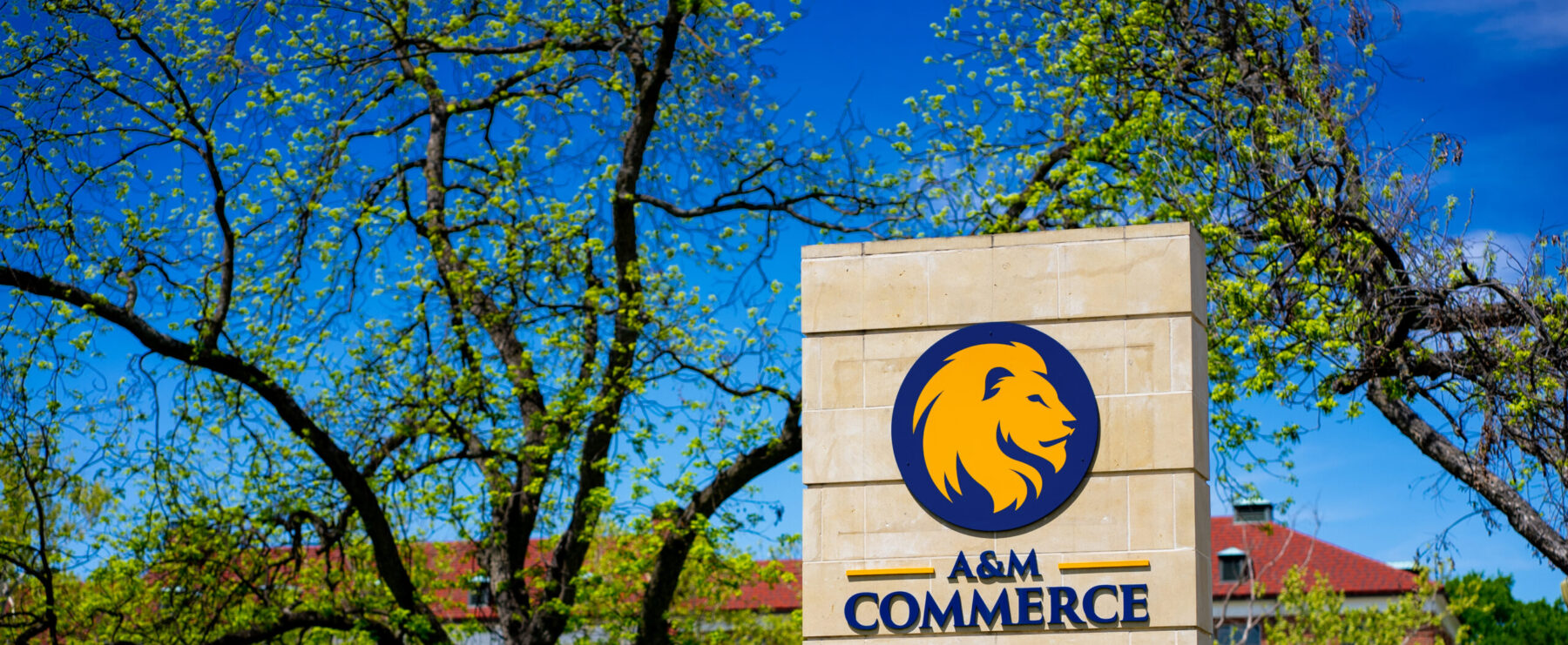A&M-Commerce Awarded Funding for Augmented Reality Research
Texas A&M University-Commerce faculty members Shulan Lu, professor of psychology and Derek Harter, associate professor of computer science and information systems, received grant funding from the U.S. Department of Defense to support their research project, “Embodied Cognition and Cognitive Control in the Lab and the Real World.”


Lu said the grant will be used to research how people perform when interacting with augmented reality (AR) devices and virtual reality devices to effectively accomplish goal-oriented tasks.
Harter described AR as a relatively new technology, akin to virtual reality but even more similar to heads-up display technology.
“People may be more familiar with heads-up display technology, usually in the cockpit of a vehicle or airplane, to provide the operator with information to help control the vehicle and perform mission-critical tasks,” Harder explained.
Comparably, AR technology allows users to view data and images projected in front of them while still seeing and interacting with the world around them.
Lu and Harter will collaborate with the Army Research Lab (ARL) and indirectly with researchers at the University of Texas at Dallas (UTD) to assist ARL's mission to study, design and deploy AR technology to support field operations and provide improved information and situational awareness to soldiers and people performing critical and dangerous tasks.
The team will conduct experiments in cognitive science to understand how body posture and other factors affect how people manage information from various sources including projected AR interfaces while performing tasks.
“This research is an exciting opportunity to conduct basic research into how cognition affects the perception of information in AR interfaces,” Harter said. “The results may be used to design better AR interfaces to help people efficiently complete dangerous, real-world, mission-critical tasks with the help of augmented reality devices.”
The university will receive funding and AR equipment to support graduate students and faculty researchers who are designing, conducting and evaluating experiments in cognitive performance while interacting with AR interfaces. The funding will also facilitate collaboration among researchers at A&M-Commerce, the ARL and UTD.
Lu reported that two graduate students and two faculty members at A&M-Commerce will receive funding over the next year, with the possibility to extend the research multiple years as the team continues to build collaborations with the ARL and other virtual reality researchers in the area.
Andrew Tague, a graduate student working on the research team, said he appreciates the opportunities provided by the grant.
“I have always had a passion for psychology and technology, so the opportunity to work on both is a dream come true,” Tague said. “I look forward to working with the Army Research Lab to further our understanding of how people interact with augmented reality and how we can best optimize this interaction.”






